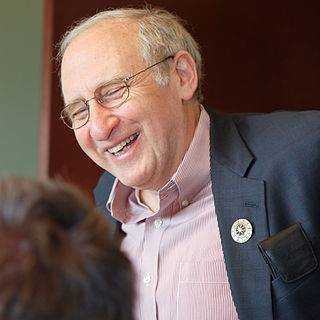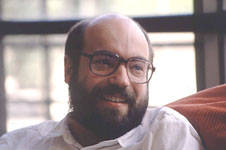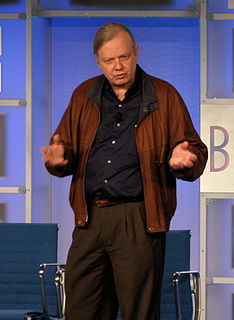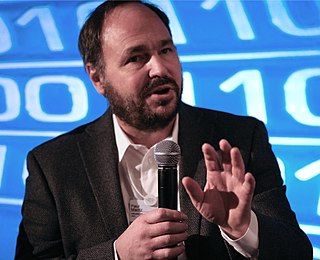A Quote by Nicholas Negroponte
Computing is not about computers any more. It is about living.
Related Quotes
Computers and computing are all around us. Some computing is highly visible, like your laptop. But this is only part of a computing iceberg. A lot more lies hidden below the surface. We don't see and usually don't think about the computers inside appliances, cars, airplanes, cameras, smartphones, GPS navigators and games.
Computing is not about computers any more. It is about living. Whatever big problem you can imagine, from world peace to the environment to hunger to poverty, the solution always includes education, ... We need to depend more on peer-to-peer and self-driven learning. The laptop is one important means of doing that.
India for sure is a mobile-first country. But I don't think it will be a mobile-only country for all time. An emerging market will have more computing in their lives, not less computing, as there is more GDP and there is more need. As they grow, they will also want computers that grow from their phone.
The power efficiency of computing has improved by a factor of a billion from the ENIAC computer of the 1950s to today's handheld devices. Fundamental physics indicates that it should be possible to compute even another billion times more efficiently. That would put the power of all of today's present computers in the palm of your hand. That says to me that the age of computing really hasn't even begun yet.
Every disruptive innovation is powered by a simplifying technology, and then the technology has to get embedded in a different kind of a business model. The first two decades of digital computing were characterized by the huge mainframe computers that filled a whole room, and they had to be operated by PhD Computer Scientists. It took the engineers at IBM about four years to design these mainframe computers because there were no rules. It was an intuitive art and just by trial and error and experimentation they would evolve to a computer that worked.

































